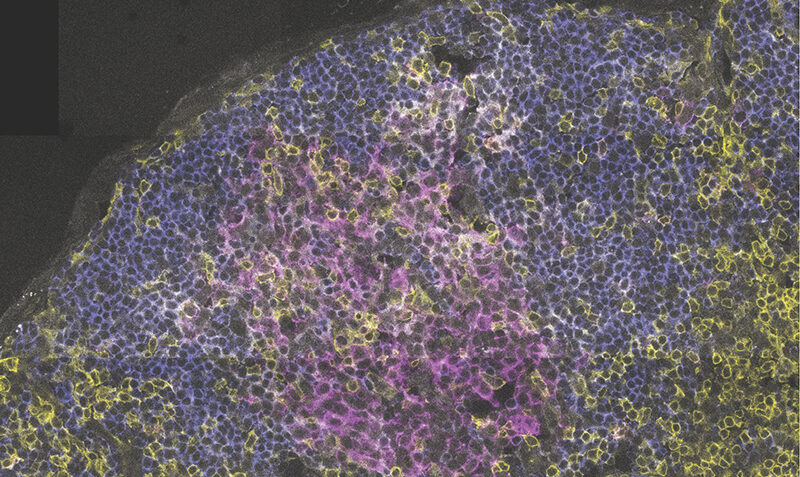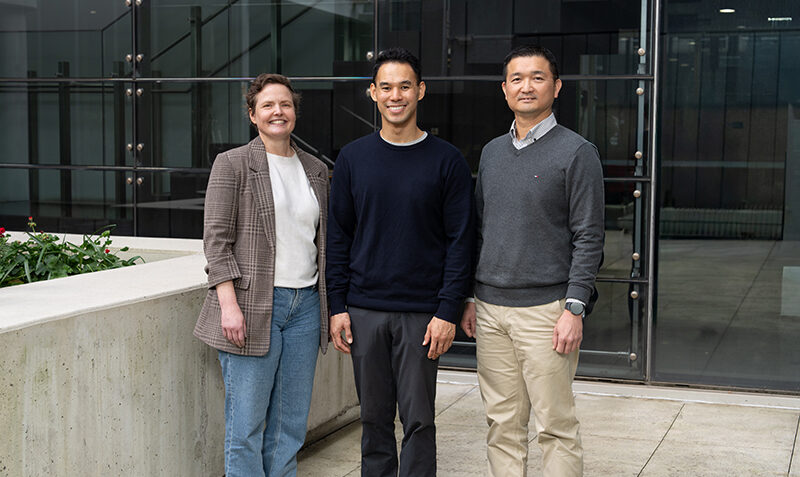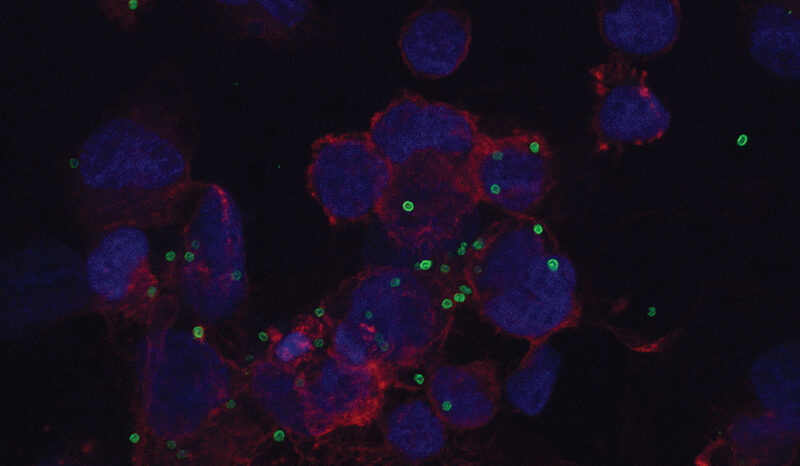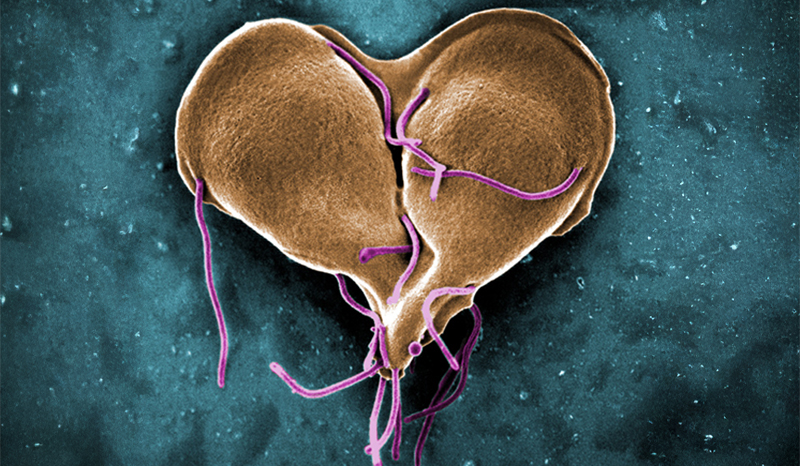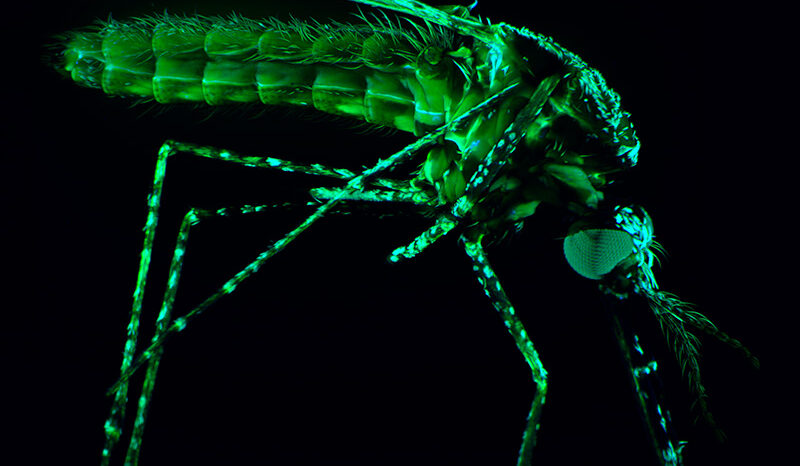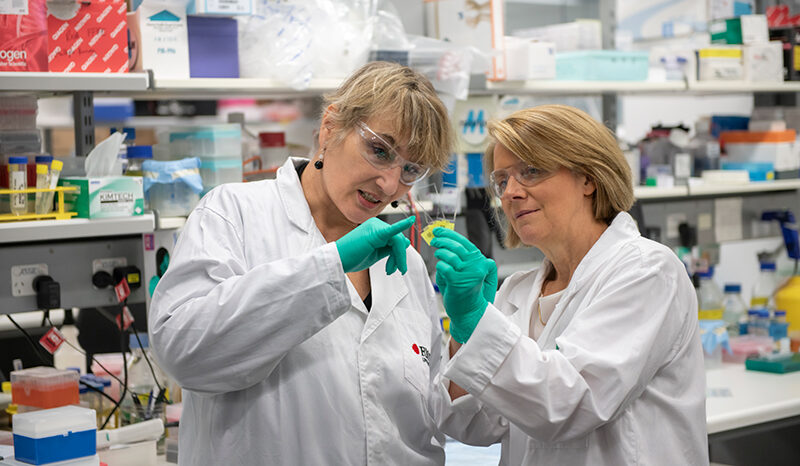A flexible immune response
Tfh cells are key orchestrators of our immune response and essential for generating strong antibody responses. These cells are activated in all vaccines, but until now the way they adapt to different immune challenges had not been fully mapped.
The WEHI-led team revealed that Tfh cells are uniquely flexible – able to interpret cues from their environment and deliver tailored instructions to B cells, which then produce the appropriate antibodies. This flexibility allows the immune system to respond precisely to a wide range of threats, from viruses to parasites and bacteria.
Central to this adaptability are signalling molecules known as cytokines, that help Tfh cells ‘read’ the immune environment. These cues act like a control panel, guiding the cells to deliver the right instructions depending on the type of infection or immune challenge.
Lead author on the study, WEHI Immunology division head Associate Professor Joanna Groom, said Tfh cells are induced during all infection and vaccine responses, but the information they pass on changes depending on the context.
“This is fundamental research that helps us understand the core mechanics of our immune system: how it responds to different threats and how we might guide it more precisely,” said Assoc Prof Groom.
“It’s the kind of science that doesn’t just answer questions – it opens up new possibilities for improving human health across a wide range of conditions.
“Our immune system is fascinating in its ability to adapt and respond to such a diverse array of threats. The more we understand this flexibility, the more we can harness that power to improve human health.”



